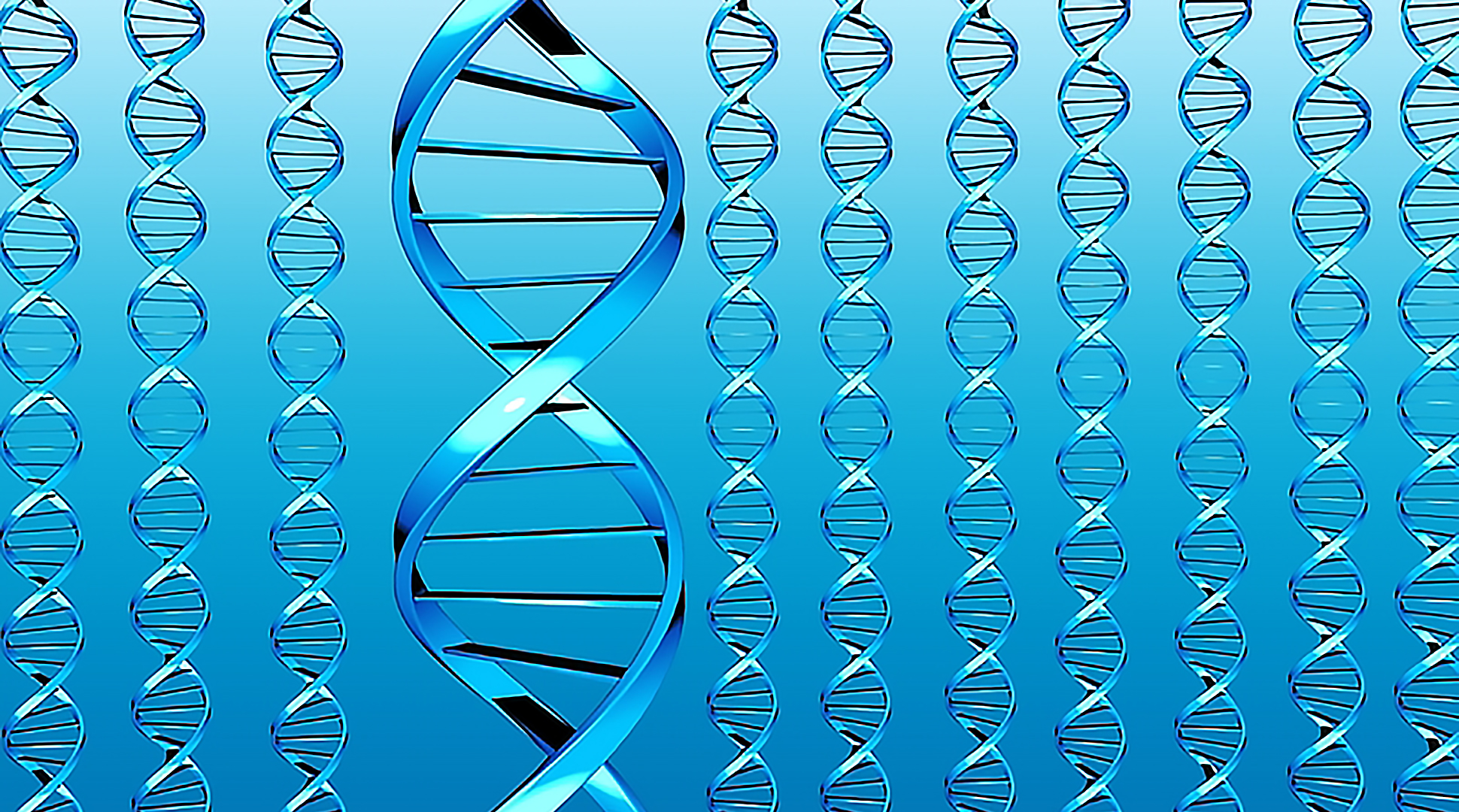This article first appeared on The Food Dialogues blog
by Carla Wardin
In science terms, CRISPR stands for Clustered Regularly Interspaced Short Palindromic Repeats and refers to regularly recurring stretches of DNA that naturally evolved to defend against viruses. When combined with guide molecules and the protein Cas9, CRISPR-Cas9 becomes a complex of enzymes that finds, cuts and edits strands of DNA. The guide molecule brings CRISPR-Cas9 to a specific site in an organism’s DNA, then Cas9 cuts out that DNA sequence and replaces it with CRISPR.
That’s all very scientific, but what does it mean?
In layman’s terms, it means it’s possible to precisely edit an organism’s DNA, without using traditional cross-breeding or inserting DNA from a different organism. And in agriculture, it can revolutionize plant and animal breeding.
For instance, CRISPR is helping researchers develop crops like oranges and bananas that can resist disease and drought. It has also been used to increase nutritional properties of crops. CRISPR has already been used to edit wheat, corn, and potatoes. In wheat, CRISPR has created a plant that boasts more resistance against the powdery mildew fungus. A new Ranger Russet potato created through gene editing doesn’t accumulate sweet sugars at typical cold storage temperatures, which gives it a longer shelf life. Additionally, Corteva Agriscience announced a CRISPR-edited corn that they plan to bring to market by 2020.
As for animals, researchers could use CRISPR to breed animals resistant to disease and with higher standards of animal welfare. This would enhance farming practices for the farmer and the animals. For instance, biotechnologist Alison van Eenennaam at the University of California-Davis, is using CRISPR to breed cattle without horns. Farmers de-horn cattle to prevent the animals from hurting themselves or others. By breeding cattle without horns using CRISPR, farmers can keep their cattle safe without having to de-horn them.
CRISPR isn’t just popular in agriculture; Bill Gates recently advocated for the use of CRISPR to improve food security and fight diseases in developing countries. From farmers to scientists to the founder of Microsoft, people everywhere are celebrating CRISPR’s potential for our food system worldwide.
Find more resource links on the Food Dialogues blog.
